Nothing fits a beautiful house like a lush, healthy green lawn. If you live in Georgia, you may have wondered, "What type of grass grows in Georgia?" at some point.
The answer is that there are several different types of grass you can grow on your Georgia lawn. Annual temperatures in the area range from low 30s to mid-90s, making it an ideal climate to cultivate beautiful turfgrass.
Also, Georgia sits on a transition zone– allowing both warm and cool grass types to thrive. Most homeowners living in this region use a blend of warm and cool grass types to have a consistent lush lawn.
7 Common Types of Grass in Georgia
Fortunately, there are multiple types of lawn grass in Georgia. Each type has its unique appeal, texture, and maintenance requirements. Keep in mind that some seeds are more ideal for extensive lawns, while others are softer and more complimentary to gardens and trees.
Bermuda Grass
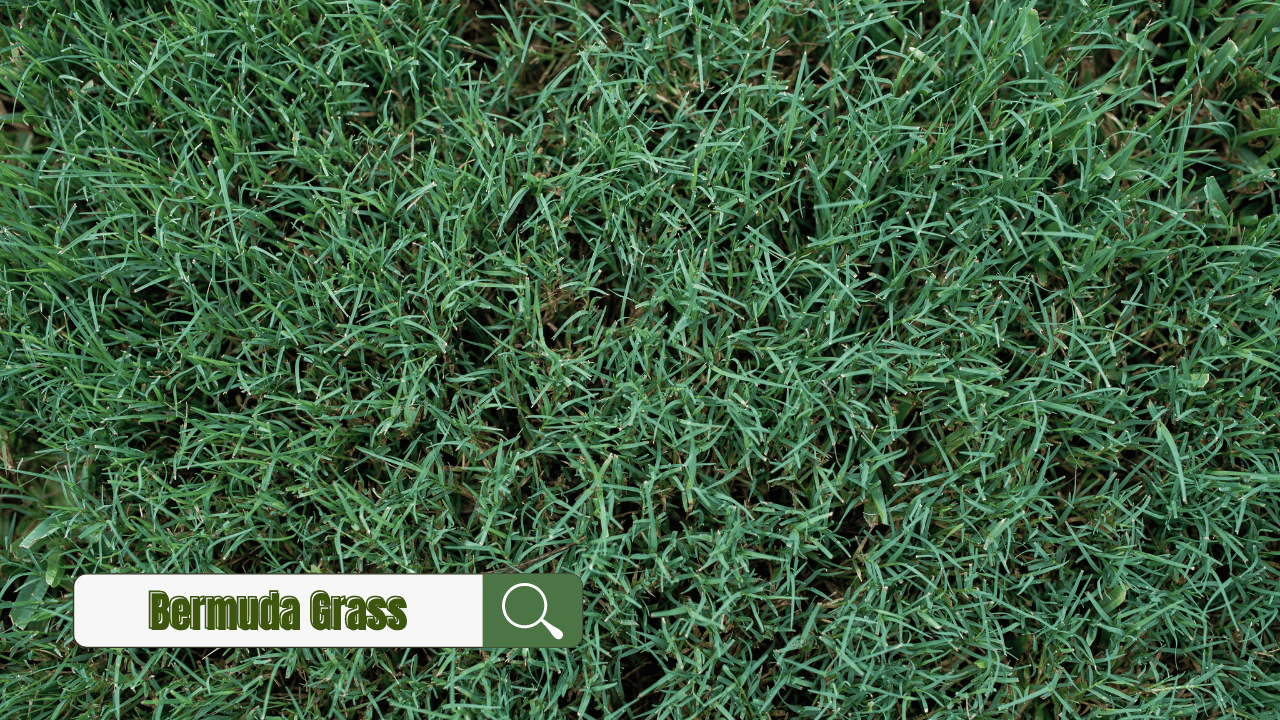
Let's start with Bermuda grass, which is considered the most common type of grass to grow in Georgia. Most commonly, it is observed on golf courses, sports fields, and high-traffic areas.
Bermudagrass is known for its high tolerance to the cold, foot traffic, and drought. Keep in mind that the turfgrass suffers when grown in a shaded area, so ensure you are planting a different grass type in the shaded areas of your yard.
St. Augustine
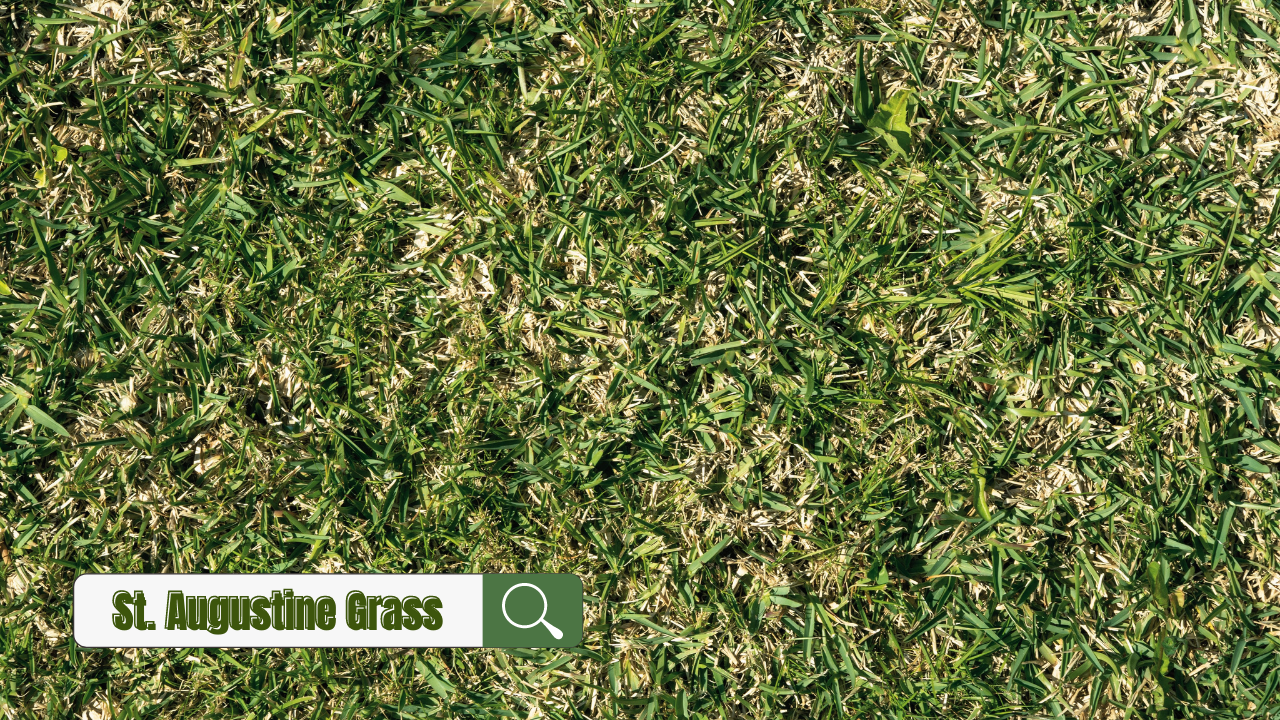
The next popular grass type in Georgia (and the Southeastern regions) is St. Augustine. This is a wide-blade turf that thrives well in high-temperature, sunny areas. So if you're living along with coastal landscapes, this is an excellent grass type to consider. However, St. Augustine may not withstand cold weather (beyond the mild Atlanta winters). It is common to use plugs or lay down sod when going for this grass.
Kentucky Bluegrass
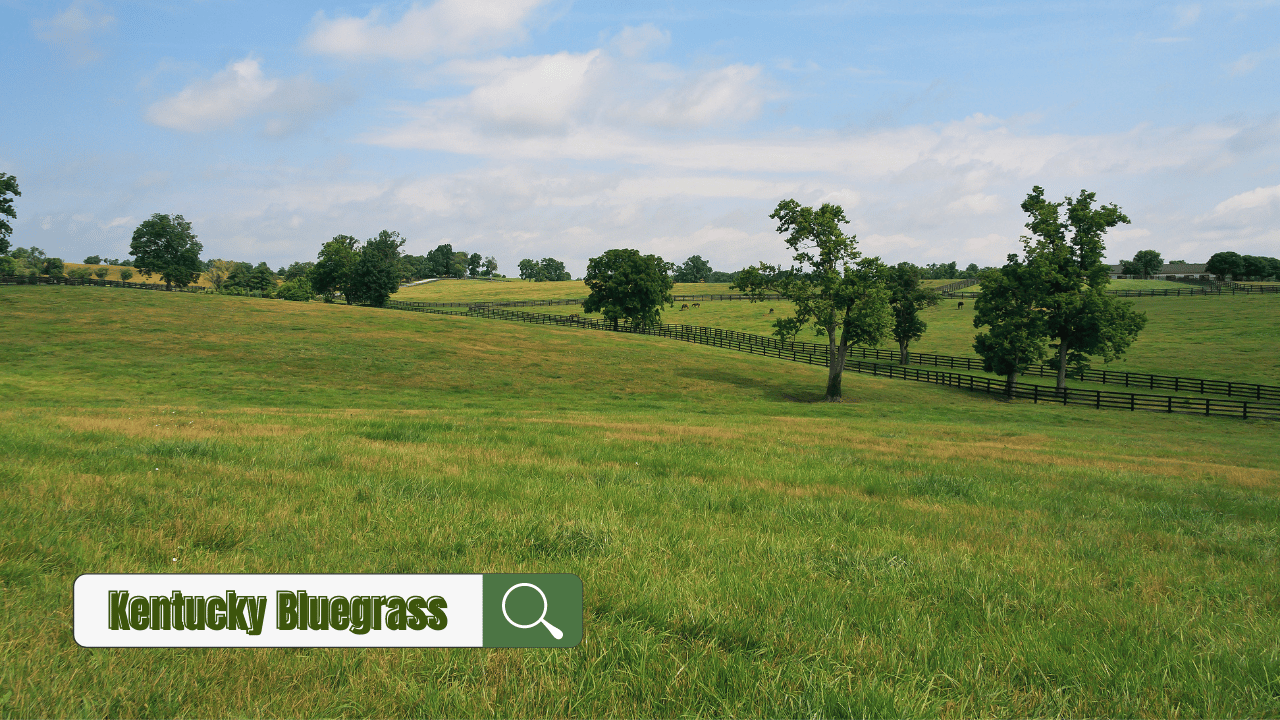
Kentucky bluegrass is a gorgeous, blue-green grass that thrives in Georgia. It is known to grow well in areas with little shade, but it can also deal with total sunlight exposure as long as it receives adequate watering.
Important Note: It is prone to be semi-dormant earlier than other grass types once the warm weather begins.
Centipede Grass
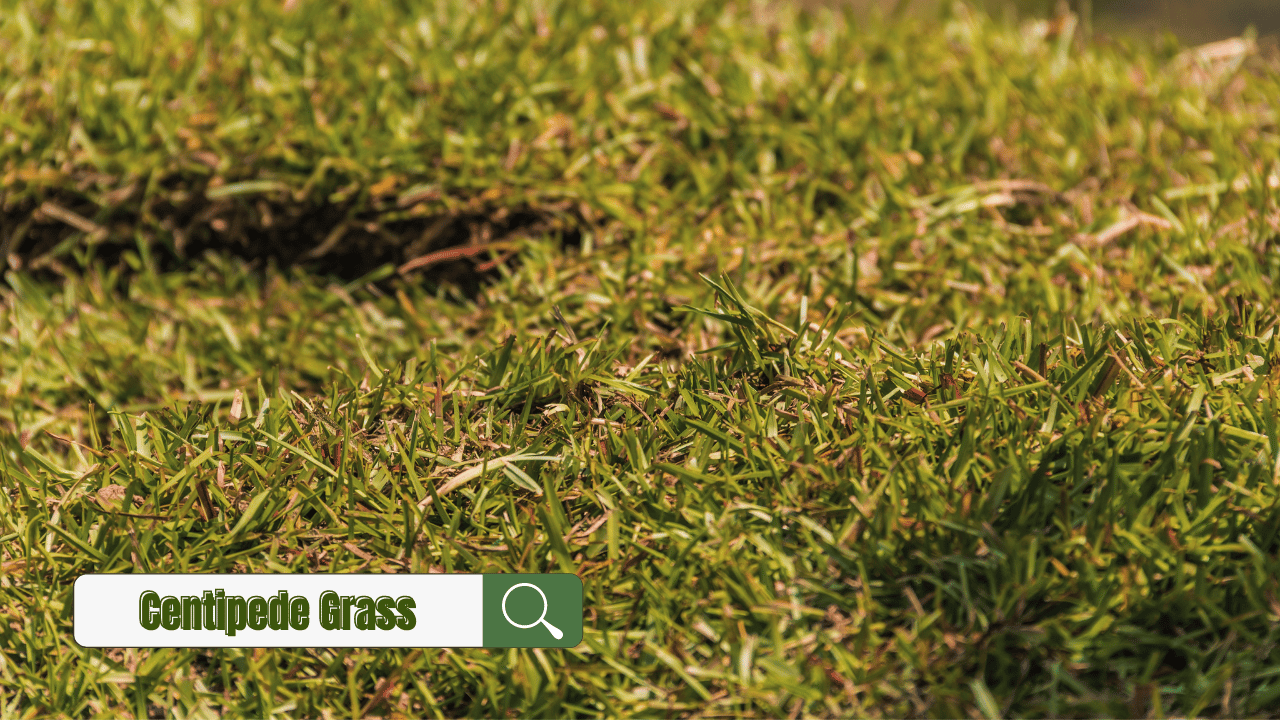
Centipede grass is worth checking out if you want grass with low maintenance requirements. It doesn't grow too high and has a medium leaf texture. Centipedegrass thrives well in warm climates, even in drought-stricken areas. It can adapt to poor soils that still take in some amount of sun or shade, and it also doesn't need heavy fertilization on your end.
Important Note: Healthy Centipedegrass can help you fight off pesky weeds.
Ryegrass
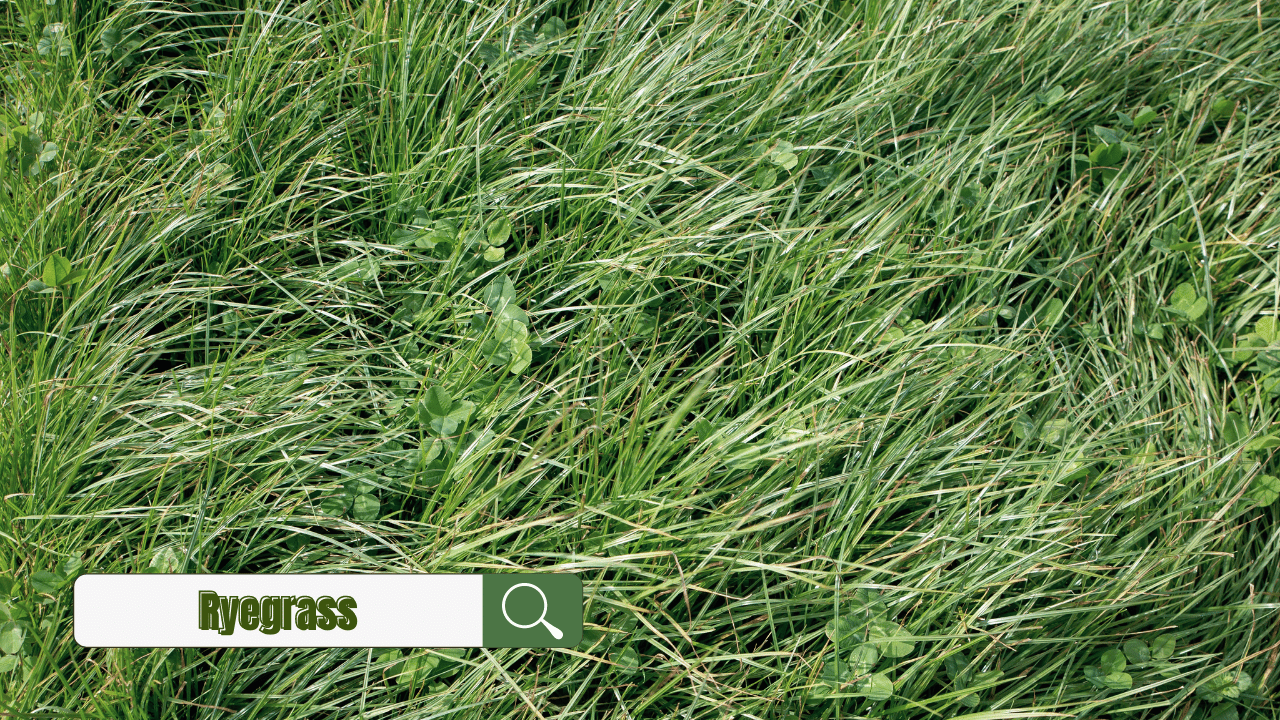
Ryegrass turf seed is relatively known for its quick growth. If you're looking for a brief-term repair, this may be the perfect grass type for your Georgia lawn. But, this isn't known to be lasting. Ryegrass seed can be utilized every year, depending on your needs and preferences.
Zoysia Grass
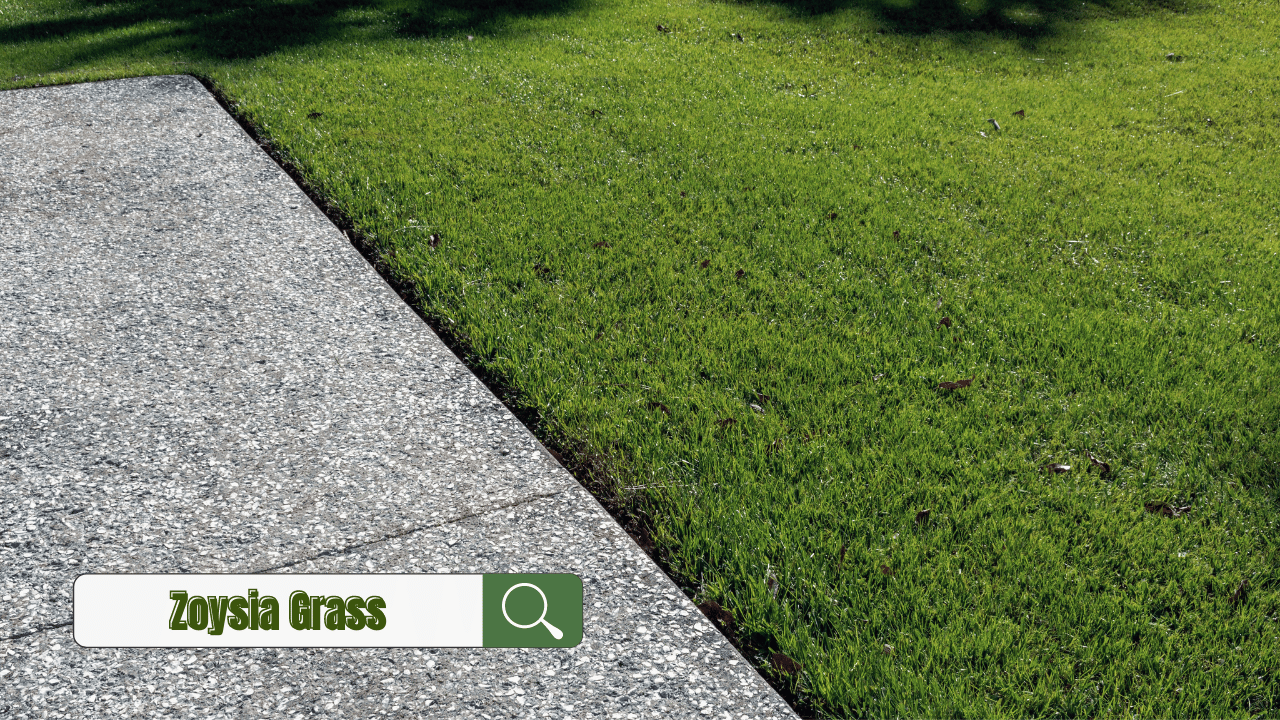
Zoysia grass is a warm-season grass that fairly withstands cold temperatures. As such, it is an excellent consideration for your lawn in Georgia. This grass is also drought-resistant, but it would be best to ensure generous watering during the summer months. Zoysia grass grows well in both direct sunlight and partial shade. When compared to other grass types, it has a notably fine texture.
Tall Fescue
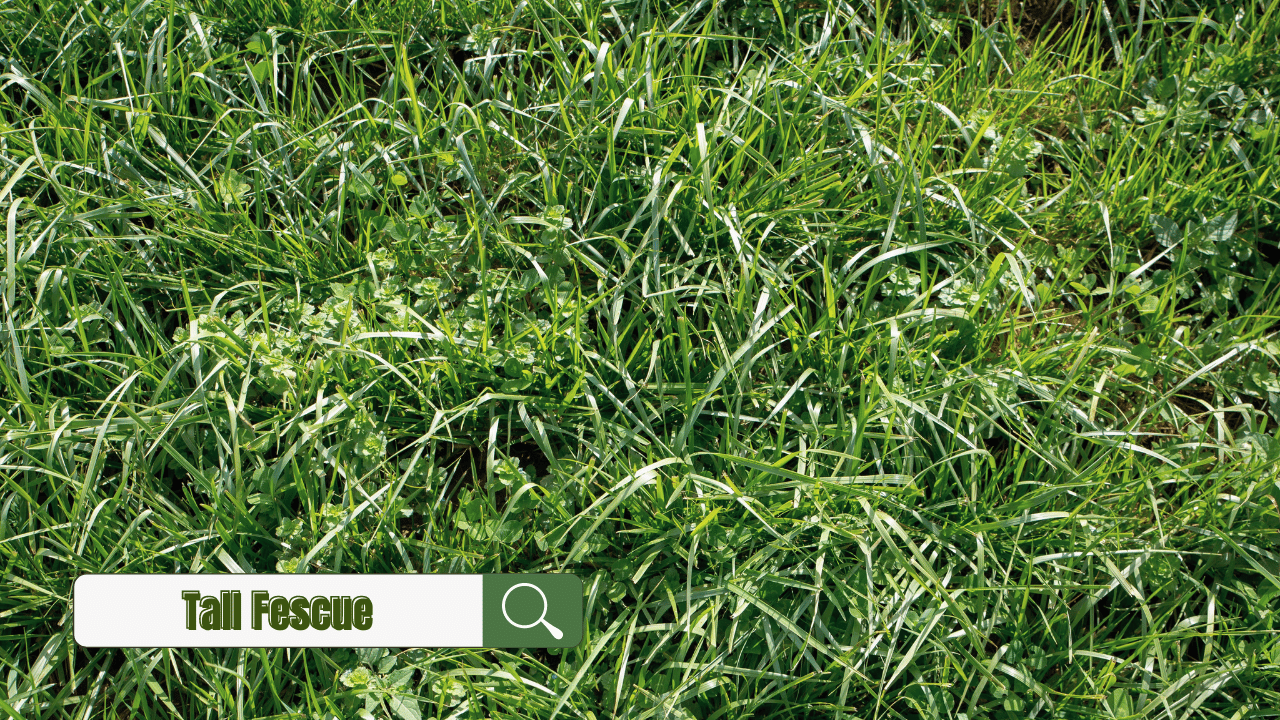
This cool-season grass needs more watering in the summer than other warm-season grasses for your Georgia lawn. Also, you will be required to mow Fescue a little bit more frequently during the fall and spring months– given those are the most optimal growth periods. It is one excellent grass type to check out for your yard, shaded or exposed to ample sunlight, as tall Fescue thrives with the proper care.
Cool Season vs. Warm Season Grasses in Georgia
Fortunately for Georgia homeowners, peaches aren't the only plant that thrives in the Southern state's warm summers and mild winters: the climate is ideal for maintaining a lush, healthy lawn all year. The key is to choose the suitable grass for your climate and the amount of sun exposure. You'll prevent problems down the line when you pick a grass suited to these conditions.
Warm-season Grasses:
Cool-season Grasses:
Cool-season grasses may be used to reseed a warm-season lawn in the north and central Georgia, helping keep it looking nice during the colder months. On the other hand, cool-season grasses should only be mixed with fine- to medium-textured warm-season grasses for uniformity.
Light Levels for a Healthy Lawn in Georgia
Although all grasses require sunlight to thrive, some are more tolerant of shade than others. Determine the light level in your yard before planting:
Keep in mind that the climate determines the ideal grass for shade. Tall Fescue is the best grass for partially shaded lawns in the north and middle of Georgia. St. Augustine is also tolerant of partial shade for a yard in South Georgia or near the coast. Of course, no grass flourishes in the shade, especially dense shade.
Which is the Best Lawn Grass in Georgia?
Let’s sum up the best lawn grass types to consider for your lawn in Georgia to save you time, money, and energy. This will make it easier for you to achieve the lush, green lawn (that’s worth a feature in magazines) you always wanted.
Achieve Your Picturesque Dream Lawn in Georgia
Ultimately, planting and maintaining your ideal lawn in Georgia takes a lot of careful planning and maintenance. You will need basic mowing, fertilizing, and watering. Depending on the grass you've chosen to go with, you may also need to follow frequent aerating, dethatching, and weed control/pest treatments.
It sure sounds like quite a lot on your plate. So, if you do not have the time to commit to religious yard work, you may want to contact a local lawn care company in Georgia to monitor the appearance and health of your lawn. (Related: 6 Best Types Of Florida Grass And Expert Maintenance Tips)
